Guide
Governance vs Utility tokens: What Gamers Need to Know
ChainPlay
•
2 years ago
Share :
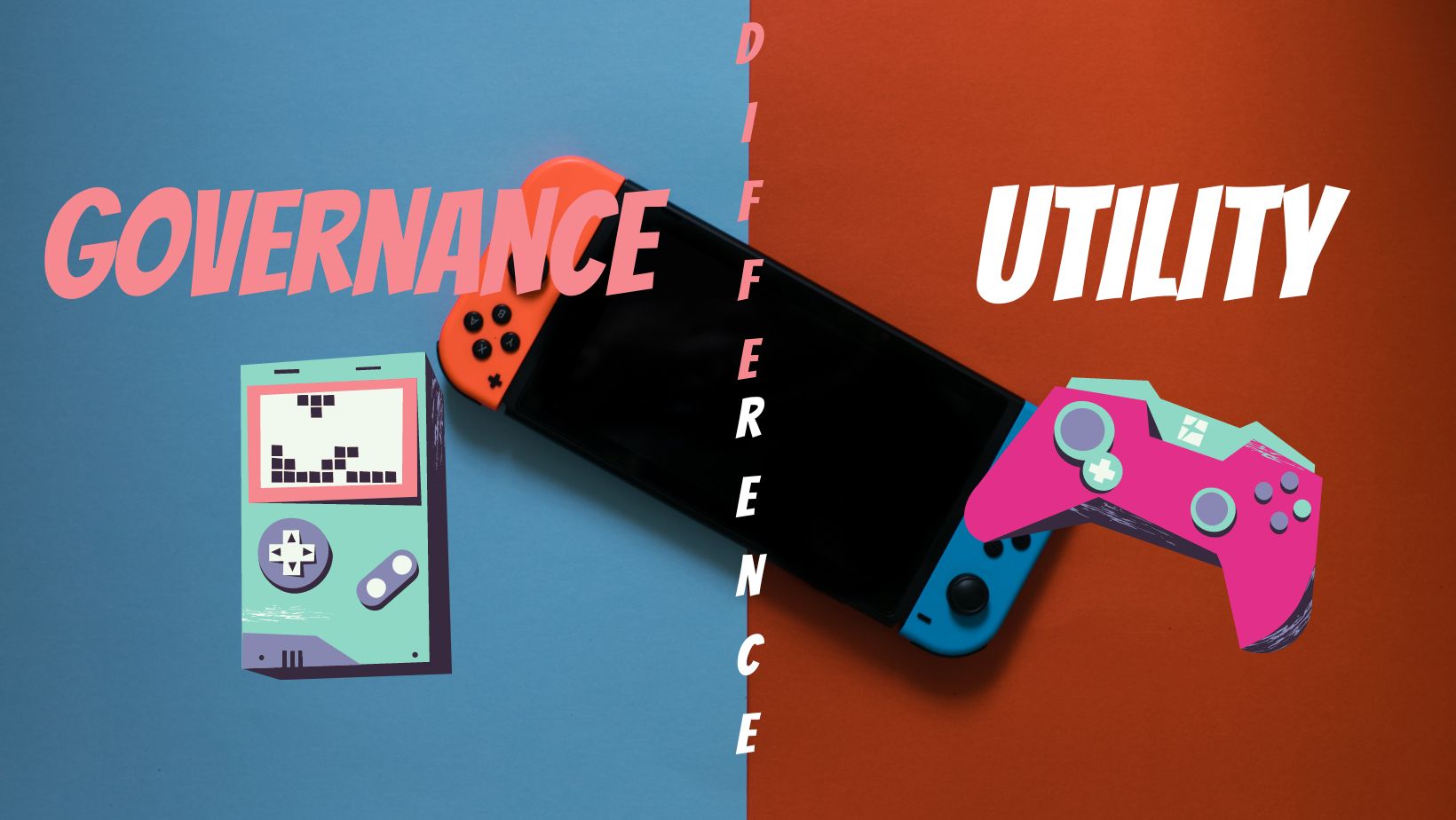
NFT games are all the rage these days and for a good reason. Not only are they fun, but they provide players with opportunities to own unique digital assets, making them one-of-a-kind with an added prospect of earning off them. However, if you’ve ever spent some time in NFT games, you will soon learn that there isn’t just one type of token in your games.
Gaming in the blockchain source: Brown Uni
This can cause confusion, especially for beginners in the blockchain. Why couldn’t we just play a game, get a token reward, and sell the token in exchange to earn money? Shouldn’t it suppose to be simple?
But as we have learned from previous disasters with GameFi economies, in-game tokenomics require a bit of complexity to ensure everyone is having a great time. Most games today have a dual-token model(Axie Infinity, Pegaxy, Crabada) while some games have even more than two tokens.
This might seem complicated at first, but when you get to it, it’s a lot simpler than you think. Let’s look at the difference between the two in this article.
Governance Tokens
Governance Tokens are the tokens that give you a say in the direction and management of a particular NFT game or platform. In other words, they give you voting rights.
Essentially, these tokens give you the power to vote on important decisions such as the allocation of funds, the development roadmap, and changes to the game or platform's rules and regulations.
The more governance tokens you hold, the more voting power you have, making you a shareholder of the game or platform. This is an important aspect of the decentralization of the blockchain, giving the community a stake in the game or platform's future.
Undeadblocks Zombie Shooter will feature a $UNDEAD token
Voting rights are a key aspect of the decentralization of the blockchain. Unlike traditional games, blockchain games give their players a say in the direction and management of the game or platform is a way to create a sense of community ownership and involvement.
By allowing players to vote on important decisions such as the allocation of funds, the development roadmap, and changes to the game or platform's rules and regulations, it helps to ensure that the game or platform is being developed in a way that is the best interests of the community.
Governance Tokens in Illuvium
A good example would be Illuvium. In this game, players can earn and stake the game's native token, called $ILV, to gain voting rights and influence the direction of the game.
Illuvium Staking
Players who stake $ILV tokens can vote on proposals to change the game's code or features, vote on the distribution of funds for development and marketing, and vote on the removal of players who break the game's rules.
Additionally, staking $ILV tokens also allows players to earn additional rewards in the game, such as access to exclusive in-game items, or bonuses to experience and rewards. This system of governance and rewards helps to create a sense of community and engagement among players, which can help to drive adoption and growth for the game.
Utility Tokens
Now, let's talk about utility tokens. These are the tokens that you use to access or purchase in-game items or services. Utility tokens have an in-game use and trade value that makes them valuable in an external marketplace.
NFT Card game, Gods Unchained, features a leaderboard
For example, you might use utility tokens to buy a fancy new sword for your in-game character or to enter a tournament. They also can be used to facilitate in-game transactions and exchanges between players, allowing you to trade items or assets with other players on a decentralized marketplace.
This allows for a more open and dynamic in-game economy, without the need for a centralized intermediary.
Utility Tokens in Blast Royale
In Blast Royale, Craft Spice ($CS) is a utility token used in the Blast Royale metaverse. It is an ERC-20 token that is minted in-game by interacting with various in-game systems, such as equipment repair, replication, crafting, and upgrading.
Players can earn $CS by playing the game, with a chance to receive some from their personal $CS pool at the end of each match. The $CS pools are replenished at 25% of the max value every 3 hours, providing players with a steady stream of $CS to spend on in-game activities.
Image source: Ancient8
The Craft Spice pool system is a good example of how the game's economy is designed to be player-driven, it gives players the chance to earn tokens while playing and also a sense of progression as they wait to replenish the pool.
How they work together in NFT games
Think of it this way: governance tokens are like the steering wheel of a car, allowing you to control where the game or platform is headed, while utility tokens are like the gas in the car, powering your in-game actions and purchases.
A good example of how this worked together is Axie Infinity. The game has been known for using a dual token model, $SLP, and $AXS.
Players can earn $SLP by participating in various in-game activities, such as breeding and battling, and purchasing digital creatures called Axies. They can then use $SLP to purchase items and services such as breeding slots, land plots, and special Axie traits.
The $SLP token is also used to encourage player engagement, as players are incentivized to play more and earn more $SLP to advance in the game and unlock new features and items.
Image source: Joel John
The $AXS token serves as a governance token for voting on game-related decisions. It has a maximum supply of 27 million, giving holders the ability to vote on decisions related to the development and future of the game.
The dual token model in Axie Infinity allows for a more comprehensive and efficient in-game economy, as players can use $SLP for in-game transactions and $AXS for governance decisions, while the governance token also aligns the incentives of the players and the developers of the game.
In short, governance tokens give you a say in how the game or platform is run, while utility tokens allow you to access and purchase in-game items and services and participate in the game economy.
It's important to note that these tokens can also serve different purposes and have different values for the game or platform and that the implementation can vary between different games or platforms.
Final Thoughts
So the next time you're playing an NFT game and you're wondering what kind of token you're holding, just remember: governance tokens are for steering and utility tokens are for powering!
Understanding the difference between these tokens can help you navigate the world of NFT games and make the most out of your digital assets.
Different games have different ways to implement tokens into their economy, so it varies between platforms. You can check out which NFT games are currently trending by visiting our page, let’s see if you can determine which token is for utility and which one is for governance!
Share this article
#Axie Infinity
#Illuvium
#Undead Blocks
Latest News
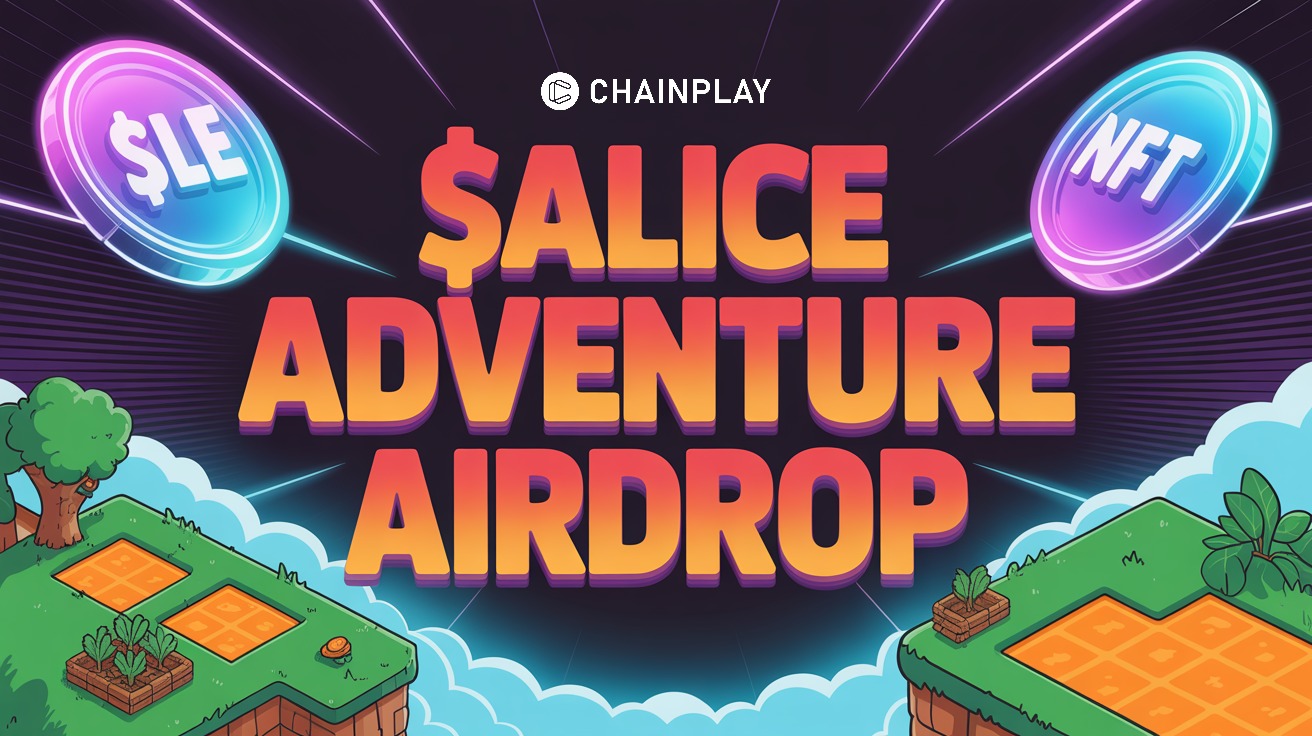
Hollow Wave Brings New Quests and Rewards to My Neighbor
4 hours ago
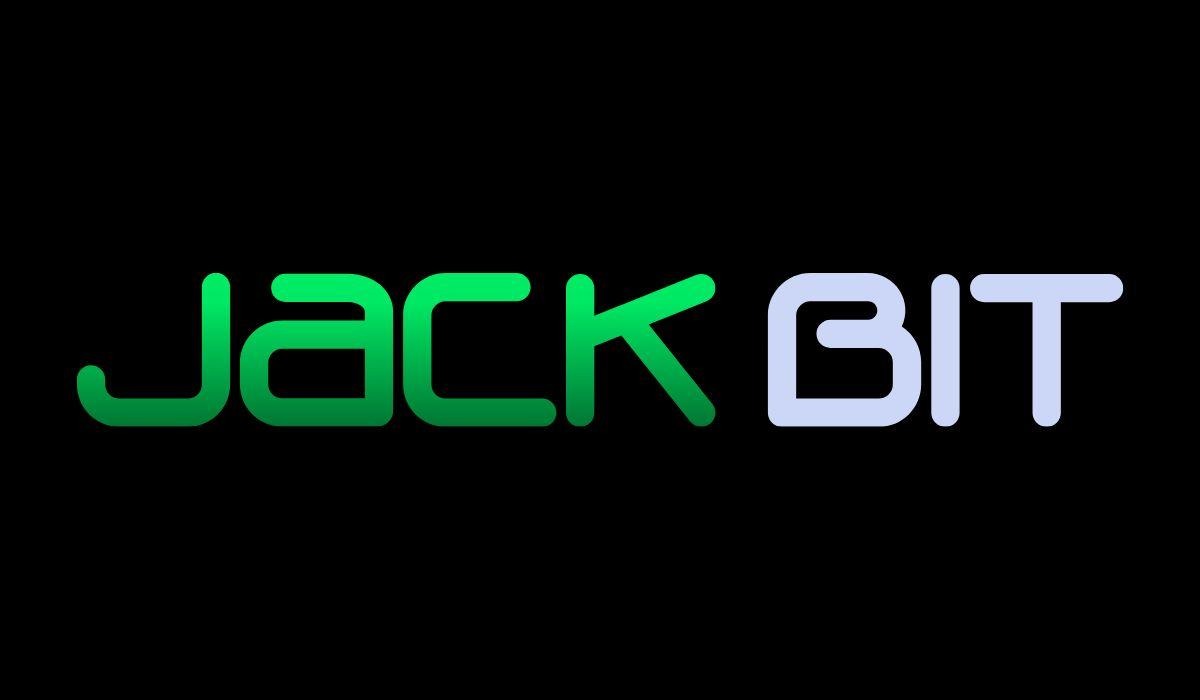
Best Crypto Casino 2025: JACKBIT Leads the Charge as
20 hours ago
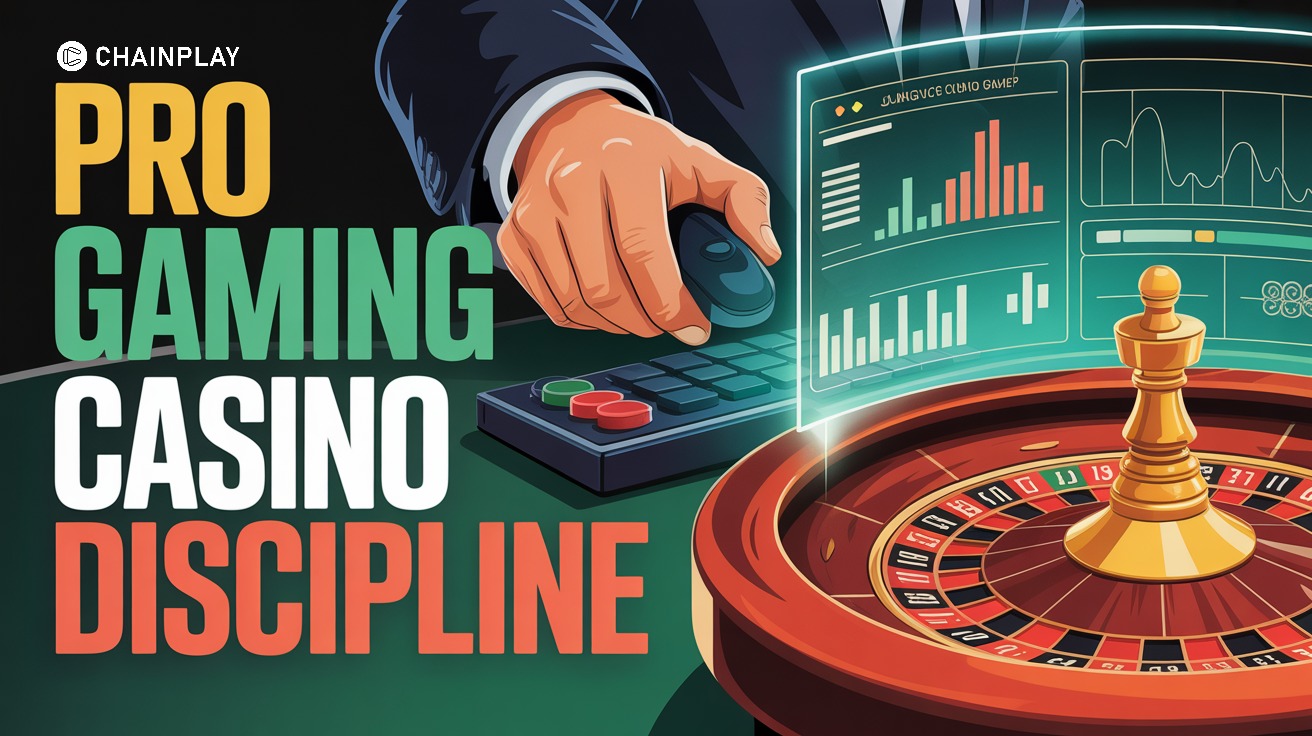
The Professional Approach: Applying Pro Gaming Discipline
21 hours ago
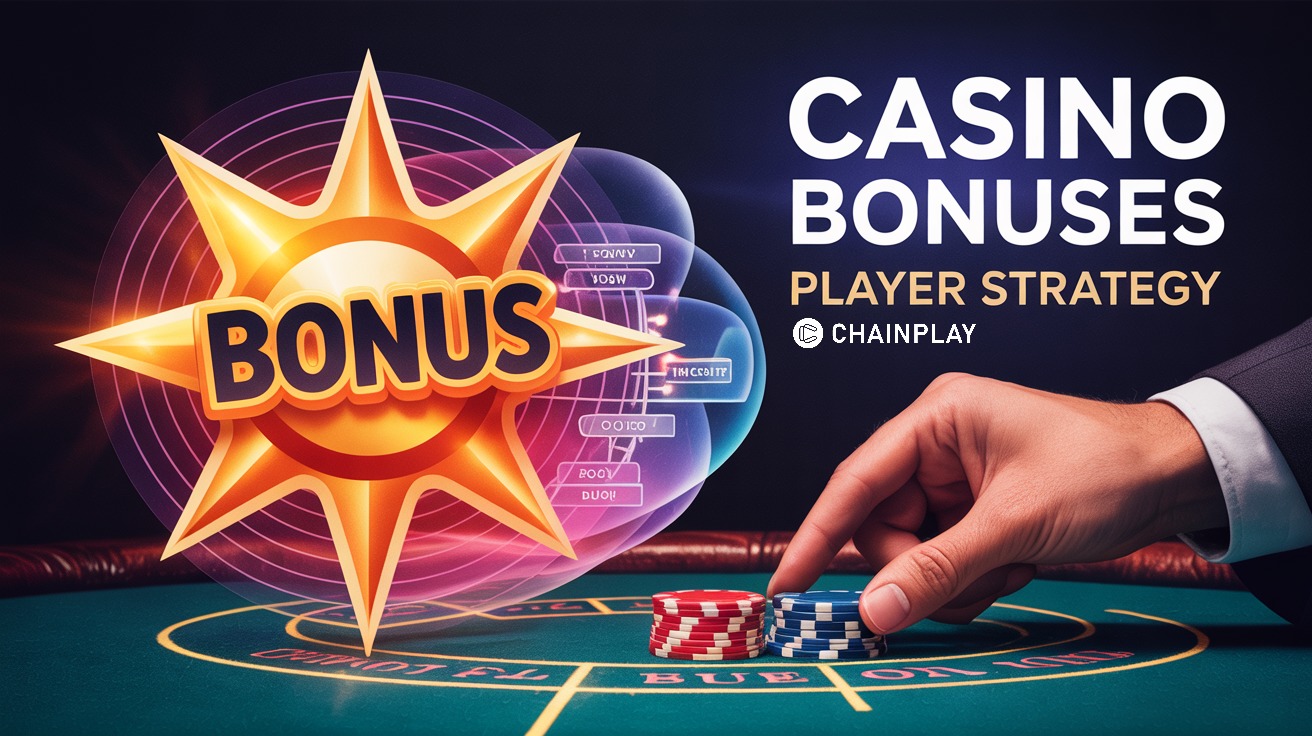
How casino bonuses influence player behavior and long-term
2 days ago
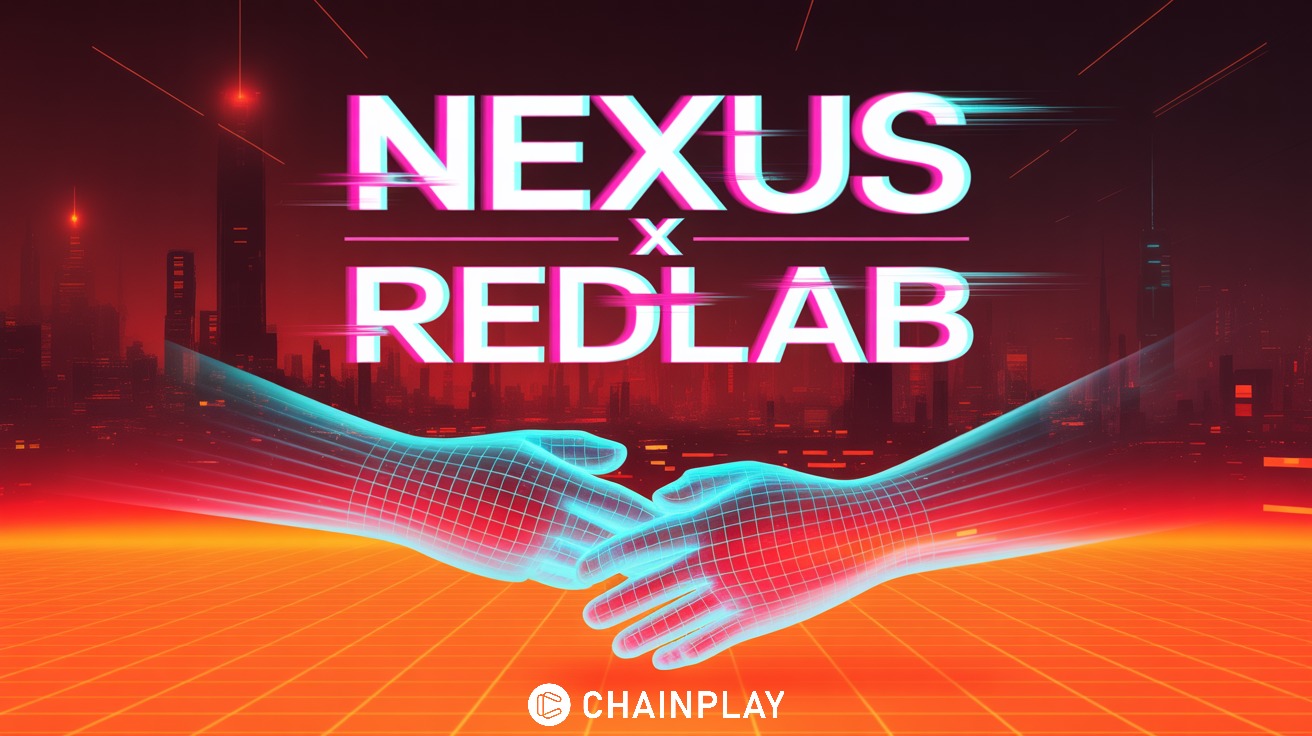
NEXUS and Redlab Partner to Grow Onchain Gaming on
2 days ago
Related articles

Join Illuvium’s Test Tournament on July 5. Win prizes, compete solo, and help shape Competitive Season 1. Open to all players, limited to 32 spots.
ChainPlay
•
4 months ago

The Elite 8 Tournament kicks off with top players, big AXS rewards, and strategic battles. Season 14 and new updates are just around the corner.
ChainPlay
•
3 months ago
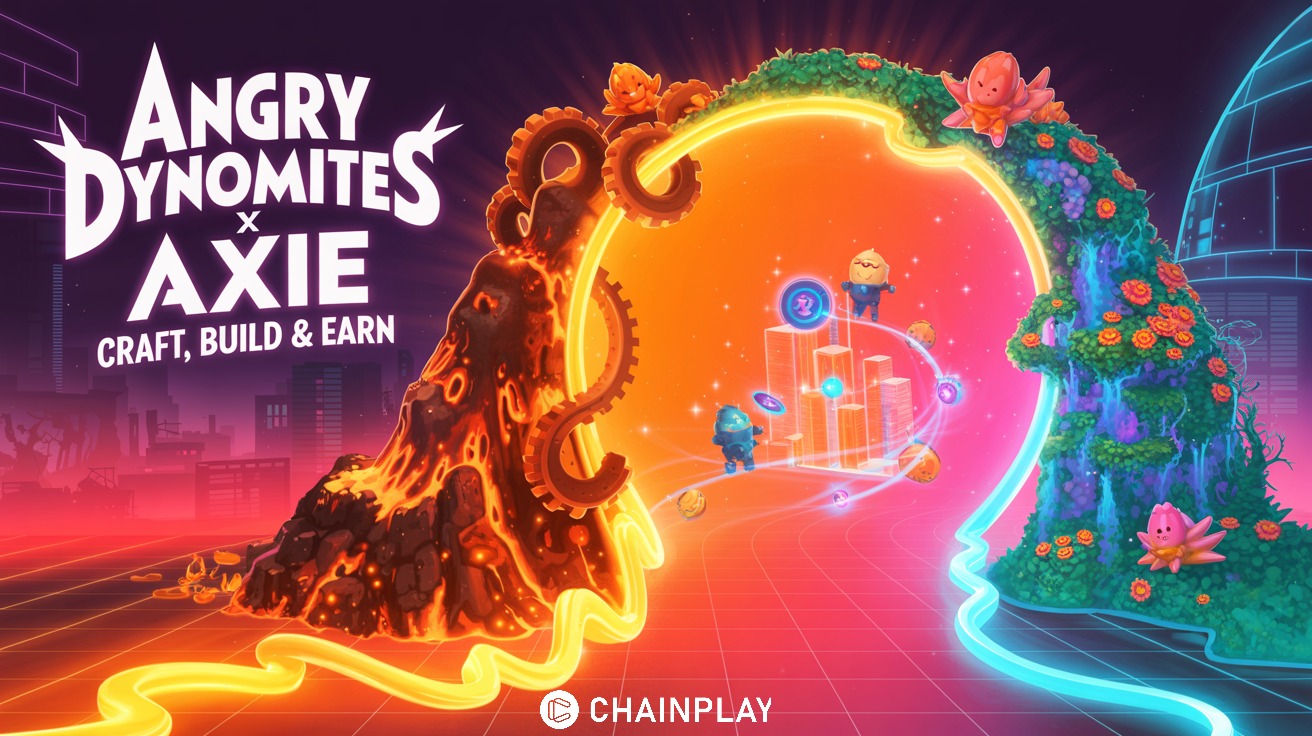
Join the Angry Dynomites x Axie event on Oct 15 in Craft World. Earn AXS, RON, Dynocoins, and NFT rewards by building, crafting, and teaming up.
ChainPlay
•
24 days ago



